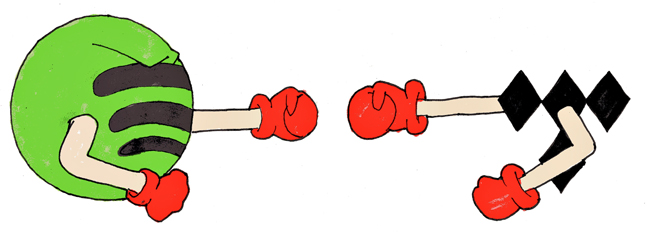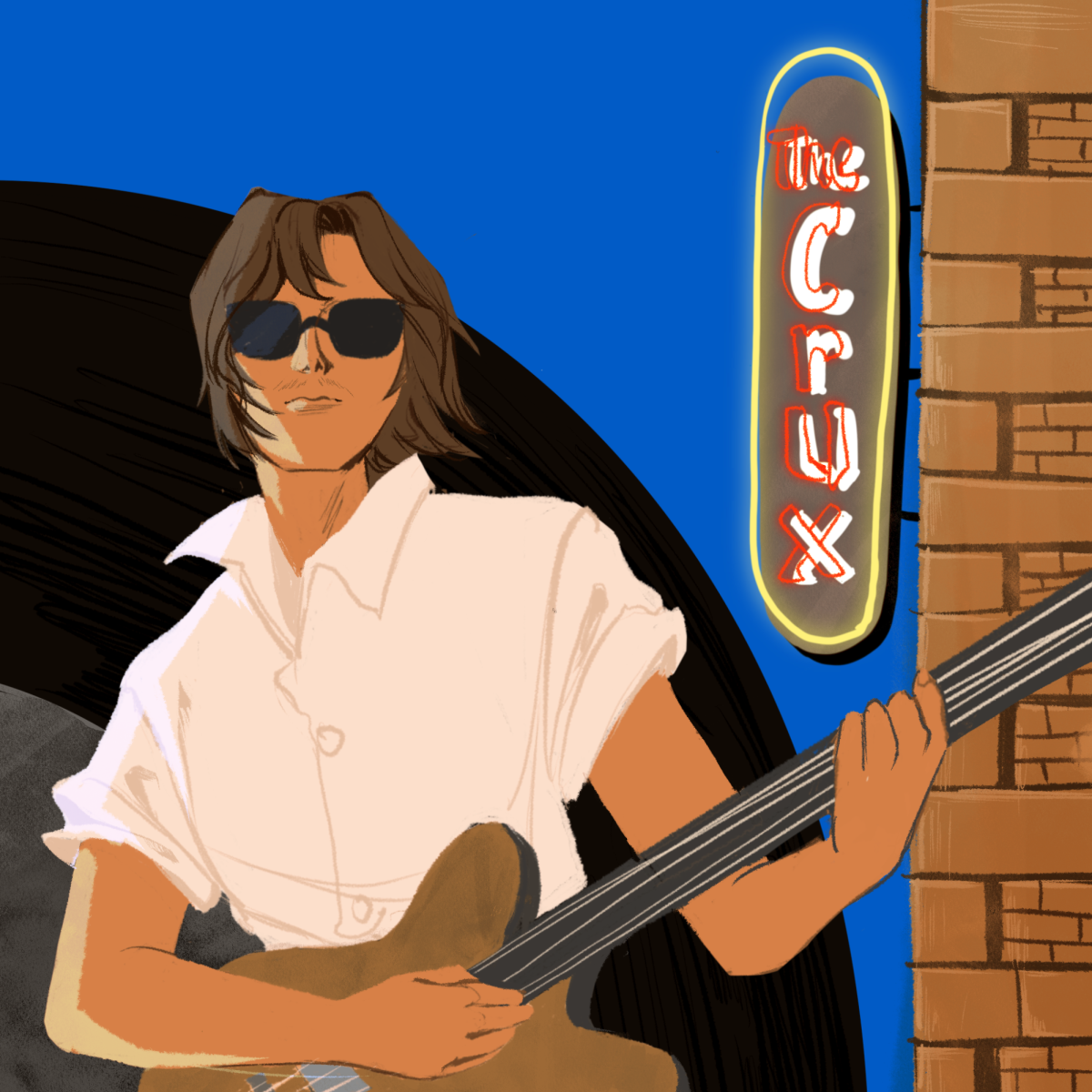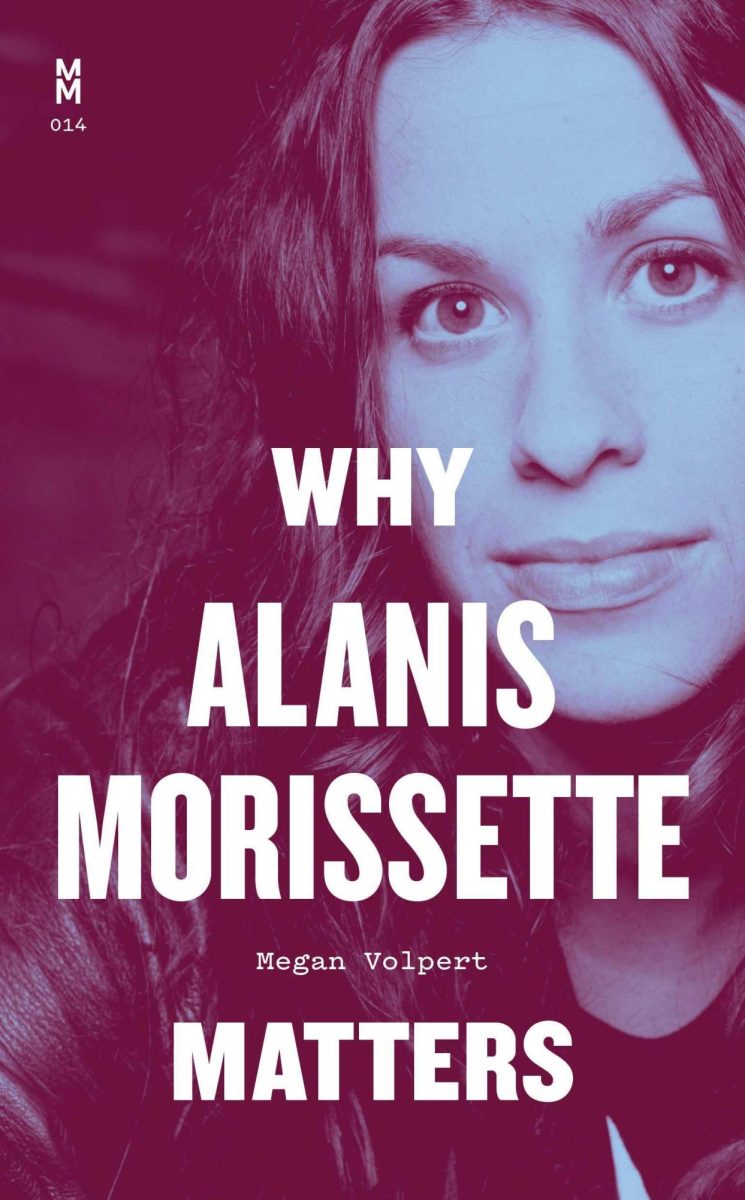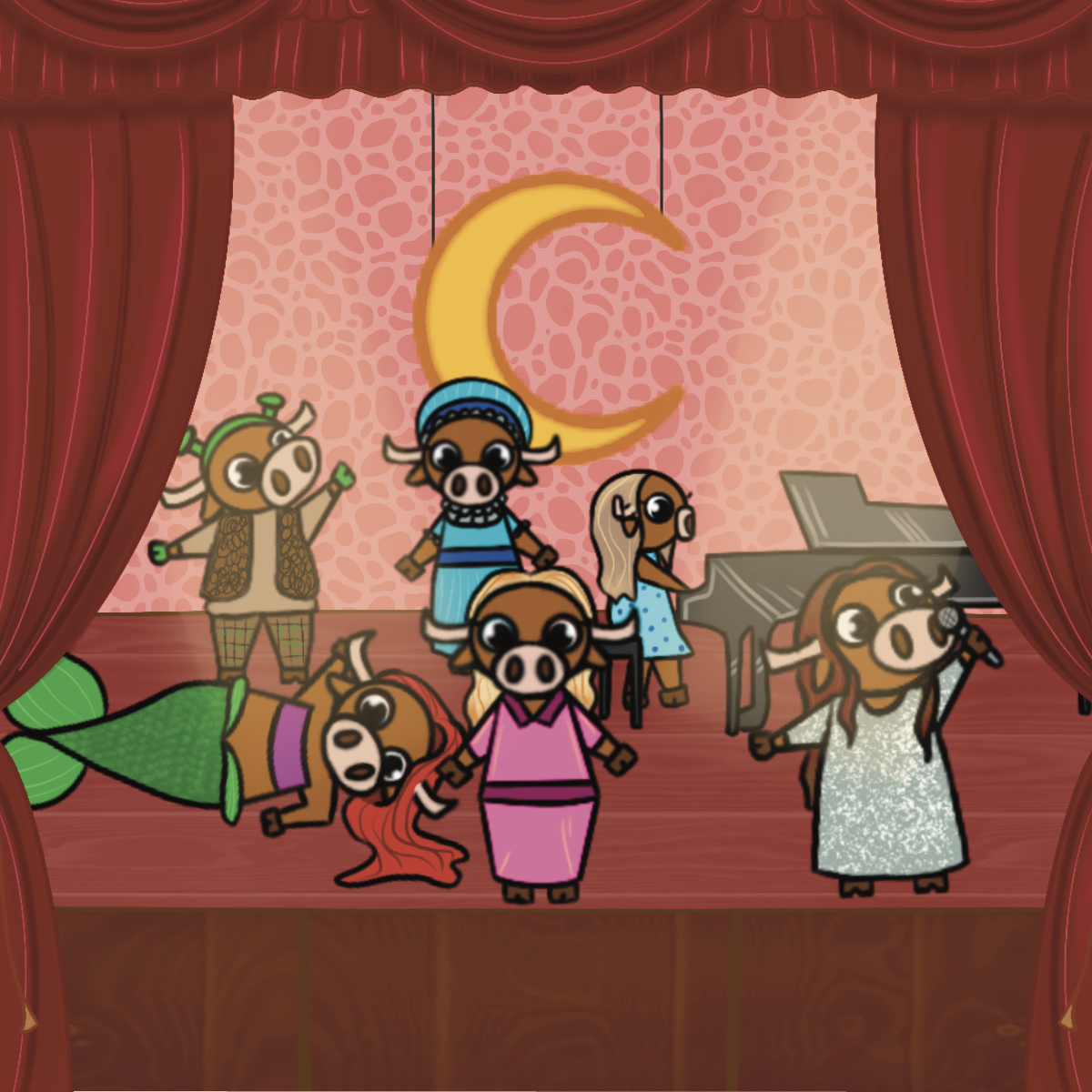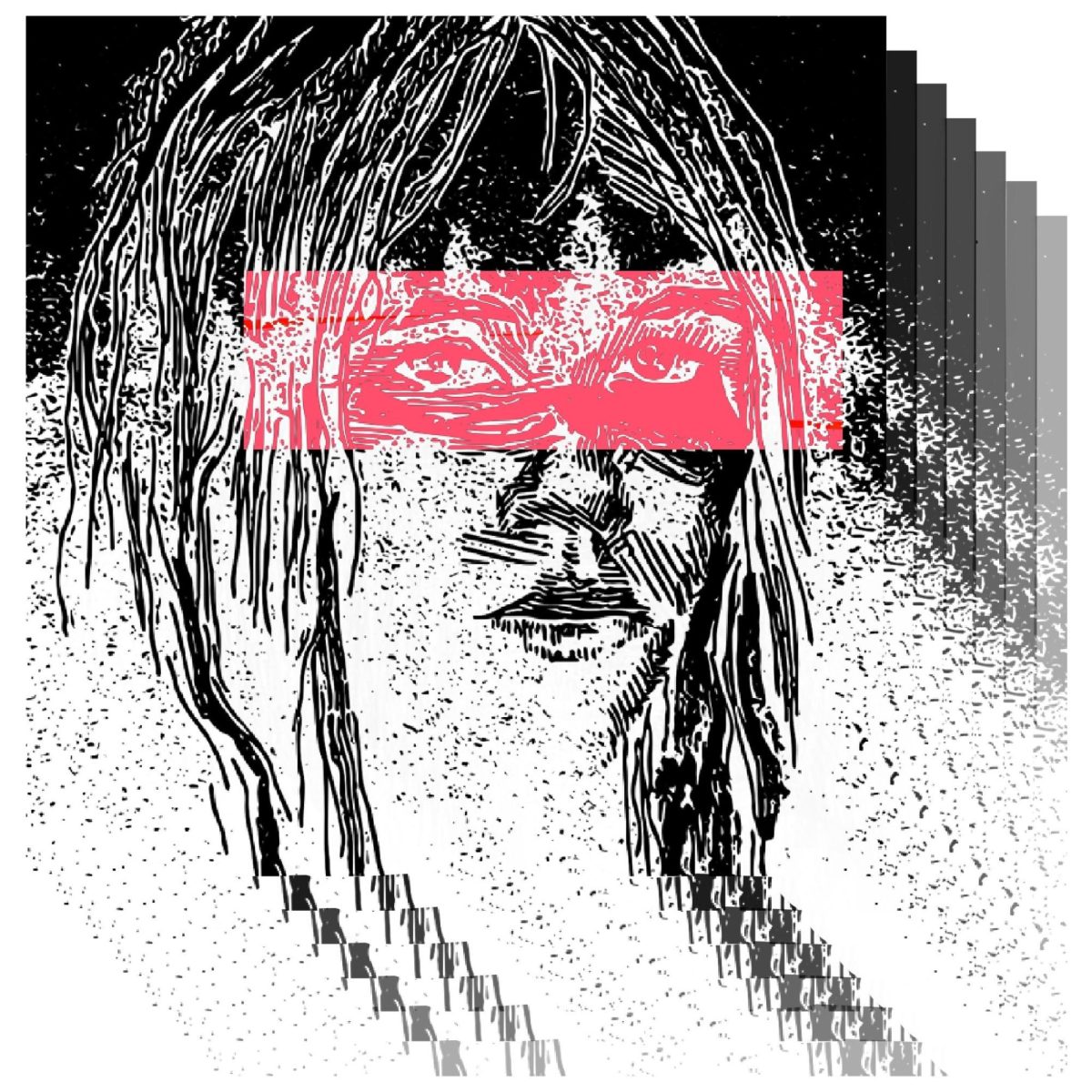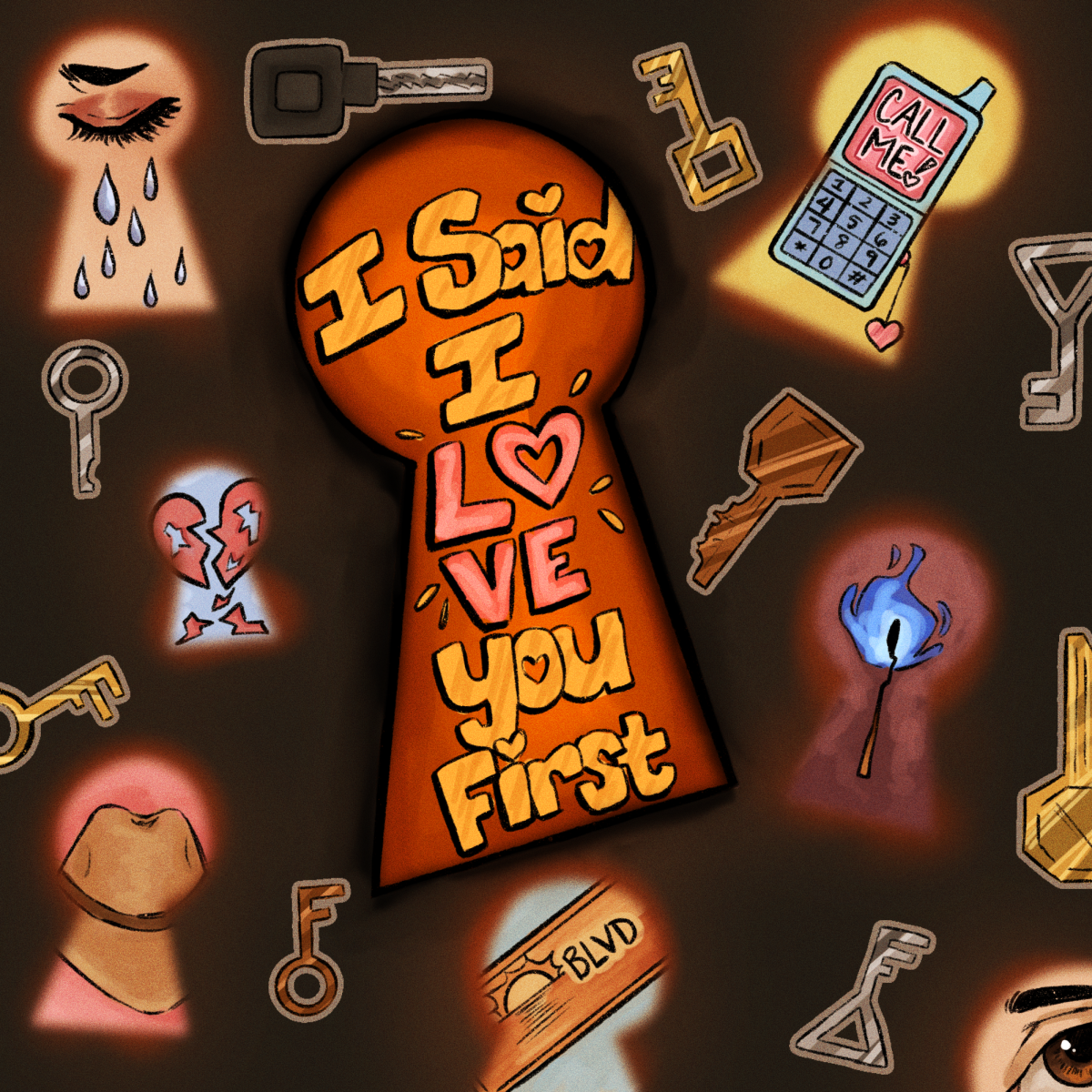Beyoncé, Rihanna and Madonna rake in hundreds of thousands of dollars every month from Spotify, while lesser-known artists are left struggling for commercial success.
Gary Powell, composer, producer and senior lecturer, said this struggle is not uncommon for most artists. Since licensing his work to Spotify, Powell has received 50 checks, amassing around a dollar in revenue. That figure is then split up between labels, producers, songwriters and artists. Powell said streaming services are just the music industry’s latest enemy.
“In the old days, a hundred purchases of a song paid the owner $90, and now it just gets you a penny,” Powell said. “That model is what we [musicians] are up against, and until it changes, it will continue to add to our demise. It only works for the companies.”
In an attempt to give artists more control over their music, Jay-Z recently purchased the music streaming service Tidal. Jay-Z, along with 15 other big-name acts, such as Kanye West, Coldplay and Alicia Keys, attended a press conference March 30, intending to use Tidal to regain control of their music. The service doesn’t offer a free option, so subscribers must choose between the $9.99 or $19.99 plan.
The service provides users with songs, artist-made playlists, videos, exclusive content and, for premium subscribers, higher-quality sound. Unlike Spotify, Tidal will not rely on ad revenue to pay its artists. Without a free tier, the company claims it will pay its artists more in royalties, but, as it recently revealed, artists are only paid more when premium listeners stream their songs.
While the artists behind Tidal set out to bring value back to music, critics express concern for the future of smaller artists on the streaming service. Currently, the 16 artists who attended the press conference have equal share of the company. Many critics boiled this down to rich artists asking for more money. Mumford & Sons frontman Marcus Mumford recently spoke out against Tidal, saying the service shouldn’t make ownership exclusive to big-name musicians.
“I think smaller bands should get paid more for it, too.” Mumford said in an interview with The Daily Beast. “Bigger bands have other ways of making money, so I don’t think you can complain. A band of our size shouldn’t be complaining. And when they say it’s artist-owned, it’s owned by those rich, wealthy artists.”
Some artists are unconvinced that controlling streaming is the root of the problem. A recent study by record label trade group SNEP revealed that major labels walk away with almost 50 percent of revenue made from Spotify, while artists get 7 percent. Artists enter these contracts with the promise of having their music played worldwide, but Powell said artists are the ones who lose in the end.
“The myth is that streaming will help get your music worldwide,” Powell said. “The likelihood of that is very low for many musicians. There just isn’t a mechanism in place for them to find any prosperity. If you were hungry or starving, you would eat anything; you’d do whatever it took to stay alive, and that’s what musicians have to do now.”

